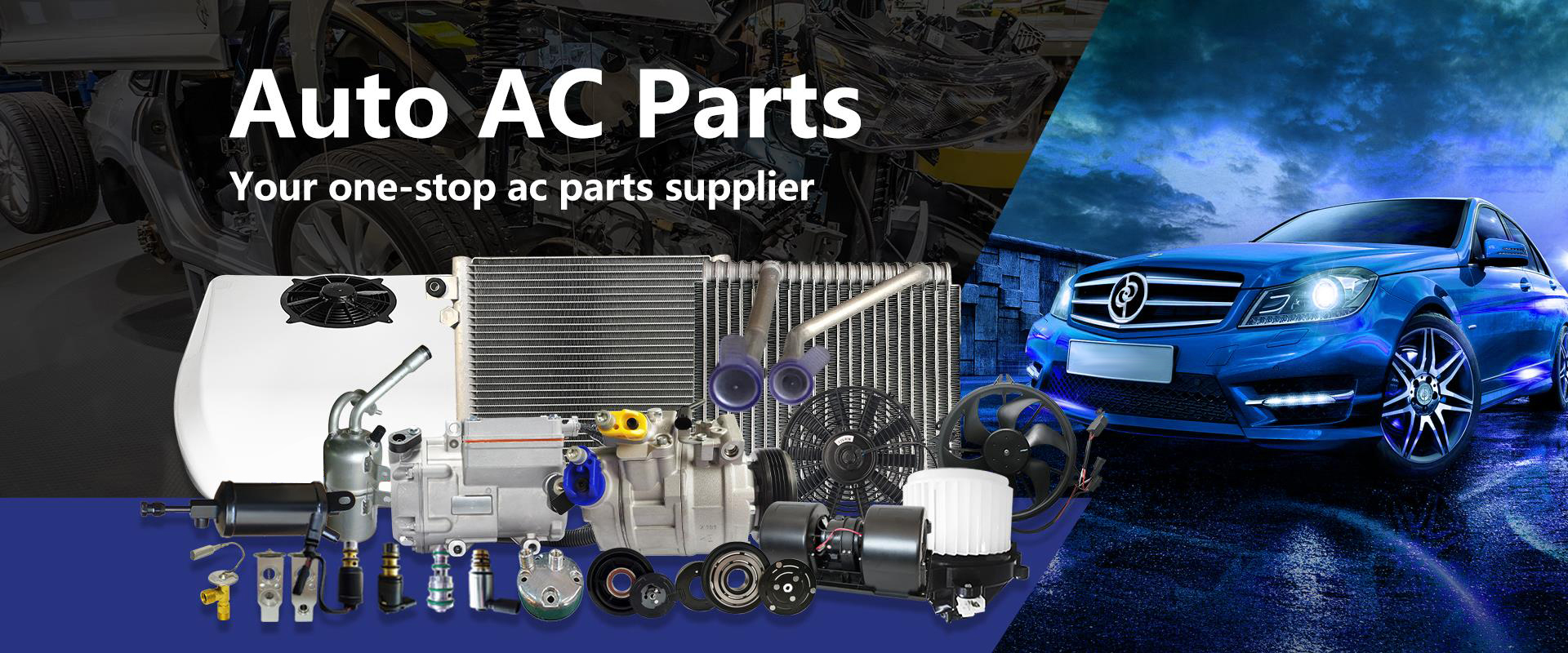Exploring CLHGO, the Secrets Behind the Black Technologies of Automotive Refrigeration
The Evolution of Automotive Refrigeration Technology
From Iceboxes to 12V Car Fridges: A Historical Perspective
The world of keeping food cold in cars has come a long way since those old fashioned ice boxes people used back in the day. Back when cars were still new things on roads, folks would pack blocks of ice alongside their sandwiches just to stay fresh during road trips. But then came progress. Thermoelectric cooling started showing promise, followed by absorption tech that actually made sense for vehicle applications. What this means practically is that drivers stopped having to lug around heavy ice packs and instead got real refrigeration units powered right off their car's electrical system. Travelers now can enjoy cold drinks without stopping at every gas station, which honestly makes road trips so much better than they used to be.
When 12V car fridges first came onto the scene, it changed how people traveled with perishables. No longer did campers and road trippers have to rely solely on melting ice packs to keep drinks cold or sandwiches fresh during those long drives between destinations. The difference was noticeable right away. People could now enjoy chilled drinks after a hot day hiking, or pack lunch without worrying about it turning into a soggy mess. Market research shows these coolers became pretty popular over time, especially as more families started taking extended vacations. For anyone who spends time outdoors or hits the highways regularly, having one of these built-in refrigeration units has become almost necessary nowadays. They just make sense for storing everything from milk to leftovers, keeping them at safe temperatures without draining too much battery power either.
How Portable Car Fridges Revolutionized Travel Comfort
Car fridges that can be moved around have really changed how people approach road trips, making things much more comfortable and convenient for those on long drives. Now folks can grab a sandwich or drink something cool whenever they want without having to stop every hour at some gas station diner. The trend makes sense when looking at what travelers actually want these days. Market numbers show that sales of these portable coolers are going up pretty fast, which tells us they're becoming a must-have item for anyone planning extended travel adventures across country roads.
Portable car fridges come in all sorts of shapes and sizes, meeting different needs for people on the road. Some folks just want something small enough to fit in their backpack for day trips, while others need bigger units that can handle weekend getaways or longer adventures. Looking ahead, many in the industry think we'll see some pretty cool changes as fridge tech starts working better with new cars features. Think about how smart systems in vehicles could connect with onboard cooling units, or what happens when electric cars become more common. These developments might make road trips way more comfortable than they are now. Car fridges, whether called mini refrigerators for cars or just portable coolers, seem set to play an increasingly important role in making journeys enjoyable rather than stressful.
Thermal Efficiency Secrets in Modern Car Refrigerators
When we talk about "black tech" in today's car fridges, we're really referring to those clever engineering tricks that boost how well they keep things cold without using so much juice. The main goal here is simple: use less electricity but still get things chilled fast enough. Look at the numbers and it becomes clear why people are switching away from old school models. Take thermoelectric coolers for example they eat up about half the power of those noisy compressor units found in older models. That means not only does your wallet thank you, but the planet gets a break too. Car fridge tech has come a long way lately, which explains why more folks are grabbing one for road trips or daily commutes. Especially popular among campers and outdoor enthusiasts who want their drinks cold without draining the battery.
Energy-Saving Innovations in Mini Refrigerators for Cars
Car mini fridges come with all sorts of energy saving tricks that really catch the eye of people worried about their environmental impact. They've got things like smart sensors and compressors that can change speeds depending on what's going on inside. This means they don't waste power when there's no need for extra cooling. Big name companies in the industry have started using greener refrigerants too, which cuts down on emissions while also saving money over time. The numbers back this up pretty well actually; some studies show these improvements can cut energy consumption anywhere between 25 to 30 percent. With gas prices climbing and green living becoming more mainstream, we're seeing more drivers opt for these efficient little appliances, especially among younger buyers who care deeply about sustainability but still want convenience on the road.
The Science Behind Rapid-Cool 12V Systems
Car fridge systems with rapid cool features work using pretty impressive tech that makes them chill faster than regular units. Most models today either use thermoelectric cooling or small compressors to bring down temperatures quickly. People love this because they don't have to wait forever for drinks to get cold after starting the system. Studies back up what we see in practice too many tests show these rapid cool systems actually perform better across different situations compared to older models from just a few years ago. Looking ahead, there's plenty of room for improvement. Scientists are working on incorporating materials that save power and developing smarter ways to control cooling cycles. If these innovations make it into production, we might be looking at a whole new generation of car fridges that keep getting better every year.
CLHGO’s Cutting-Edge Approach to Automotive Cooling
CLHGO stands out in the world of car refrigeration with something different going on under the hood. What makes their products special? Let's take a peek at some cutting edge tech they've developed for their systems. The company has implemented advanced cooling solutions that work remarkably well compared to standard models. Their smart temperature control system adjusts automatically based on real time conditions inside the vehicle, ensuring optimal freshness levels throughout journeys. These innovations aren't just theoretical either – CLHGO holds multiple international certifications and owns several patents related to automotive refrigeration technology. For anyone interested in seeing what happens when engineering meets innovation, there's plenty more where this came from in CLHGO's portfolio of technological breakthroughs waiting to be discovered.
Smart Temperature Control Systems
The latest smart temperature control systems are changing how automotive refrigerators work, bringing all sorts of new features and advantages to the table. These systems use IoT tech to constantly check both inside and outside temperatures, then adjust cooling as needed right away. The result? Less wasted energy and a much better experience for anyone using the fridge. CLHGO's case studies show just how effective these systems can be in practice. Their tests revealed real world improvements where people actually saw their cooling get better and felt happier with their setup. Some stats even point to efficiency gains around 30% in certain situations, which explains why more manufacturers are jumping on board with this kind of smart refrigeration tech for cars.
Durability Engineering for Extreme Conditions
Innovation around durability has become essential for making automotive fridges work better when faced with harsh conditions. New materials like tough plastics and composite structures combined with clever design approaches help these coolers handle big temperature swings and rough handling during transport. The trucking industry especially needs reliable cooling systems since breakdowns can mean spoiled goods worth thousands. Studies looking at field performance show that fridge units built for extremes keep functioning properly even when temperatures hit triple digits in desert heat or drop below freezing in mountain passes. Logistics companies across North America are now asking specifically for these rugged models after experiencing how regular fridges fail under stress during long hauls through unpredictable weather zones.
Power Management in Portable Car Fridge Solutions
Managing power consumption remains one of the most important considerations when dealing with portable car fridge systems if we want them to work properly over time. Many users run into problems where their fridge either doesn't get enough juice or ends up draining the car battery completely, which can lead to all sorts of headaches including difficulty starting the vehicle later on. For better results, people should look at getting models known for low energy consumption and make sure those electrical connections stay clean and tight. We've seen some great improvements lately in battery tech that actually helps these coolers run longer while putting less strain on the main car battery. Lithium ion batteries are becoming increasingly popular because they hold charge much better than older types, and there are even fridge models now that come with built in solar panels. These kinds of upgrades really make a difference in how well portable fridges perform during long trips or outdoor adventures.
Preventing 'Black Death' in Automotive HVAC Systems
What mechanics call the 'Black Death' in car AC systems basically means grime and junk builds up inside until it blocks everything and ruins how well the system works. Most often this happens when the special oil that runs through the AC starts breaking down over time. Regular checkups make all the difference here. Mechanics recommend looking at the system every few months and swapping out old oil before it turns into sludge. Good maintenance isn't just about checking things off a list though. Using proper refrigerants matters too – cheap stuff tends to leave behind more residue than quality brands. Some garages report seeing up to 70% fewer Black Death cases when customers stick to routine maintenance schedules. Keeping the AC running smoothly extends its life by years and avoids those expensive repair bills that pop up when systems fail completely.
AI-Powered Cooling Optimization
AI is changing how cars handle climate control, making these systems work better and react faster than ever before. Right now, manufacturers are putting AI tech into cooling systems so they can figure out what passengers want based on past behavior and current weather outside. This means folks stay comfortable inside without wasting power on unnecessary heating or cooling. Market analysts see big things coming for AI cooling solutions in the next few years. Tech insiders predict that as cars get smarter, AI will become pretty much standard equipment across most models. We're already seeing some luxury brands test systems that learn driver habits over time. For instance, certain high-end sedans can remember preferred seat temperatures after just a couple drives. As this technology matures, we'll probably look back at today's basic climate controls like we do at early mobile phones from the 90s.
Sustainable Refrigerants for Eco-Conscious Drivers
Environmental worries are pushing the automotive industry toward greener refrigerants for car cooling systems. The old-school refrigerants have been causing serious damage to our planet, pumping out a lot of those nasty greenhouse gases we all hear so much about. Regulations around the world are starting to lean heavily towards eco-friendly options, which means car makers better get their act together if they want to stay compliant. Some studies show that these traditional coolants account for roughly 10 percent of all greenhouse gas emissions coming from vehicle air conditioning units globally. These numbers aren't just interesting facts either they point to something real happening in the marketplace right now. Car companies that switch to cleaner alternatives will not only satisfy customers who care deeply about sustainability but also position themselves well against competitors while helping reduce carbon footprints across the board.


